In the high-speed world of automotive performance, brakes are the unsung heroes, and Akebono and Bosch are two leading champions.
Join me as we delve deep into their realms, comparing their performance, quality, prices, and more.
Let’s dissect the pros and cons to unveil which brand truly puts the ‘best’ in ‘brake system’.
Buckle up, it’s going to be a gripping ride!
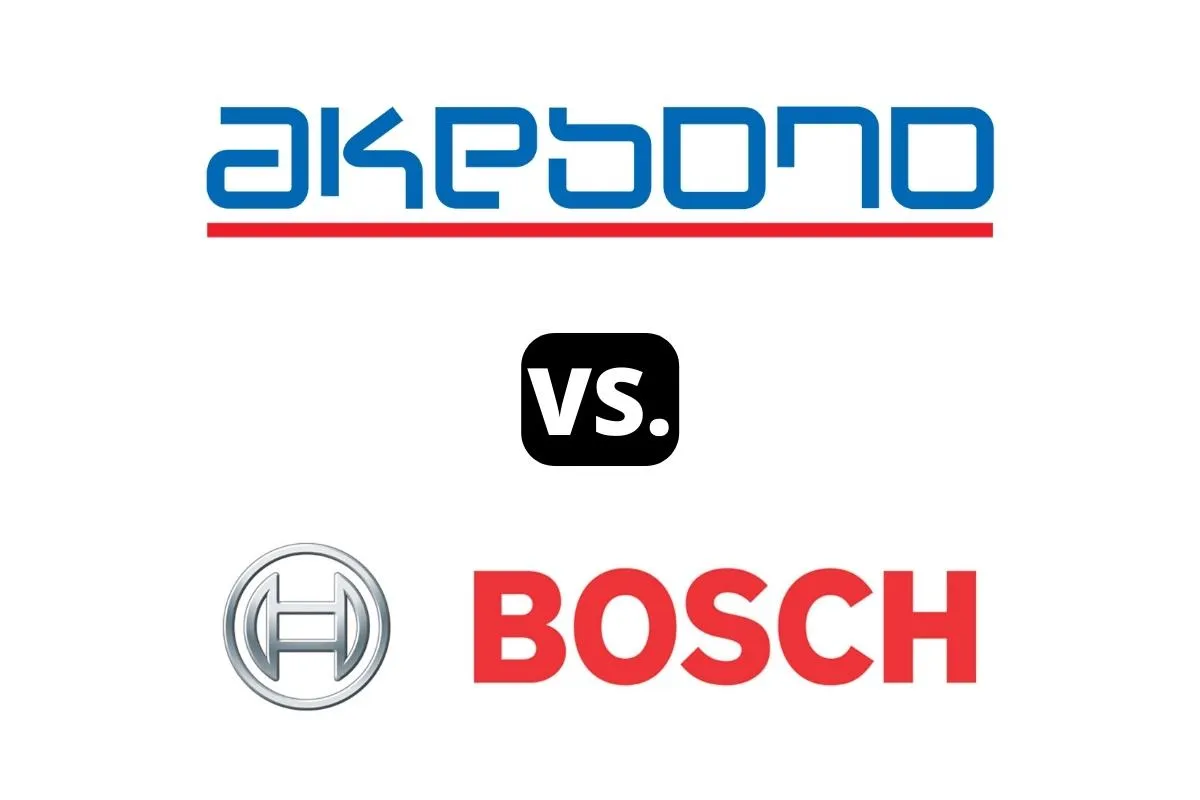
Akebono vs Bosch – Brand Comparison Table
| Akebono | Bosch | |
| Country of Origin | Japan | Germany |
| Year Founded | 1929 | 1886 |
| Made In | Japan, United States, China, France, Slovakia | Germany, Czech Republic, China, Mexico |
| Founder | Sanji Osame | Robert Bosch |
| Parent | Stand-alone | Robert Bosch Stiftung (92%), Bosch Family (8%) |
| Overall Quality | cost-effective option that provides OEM quality | good quality, safe and reliable pick |
Akebono PRO-ACT vs Bosch QuietCast Brake Rotors Comparison
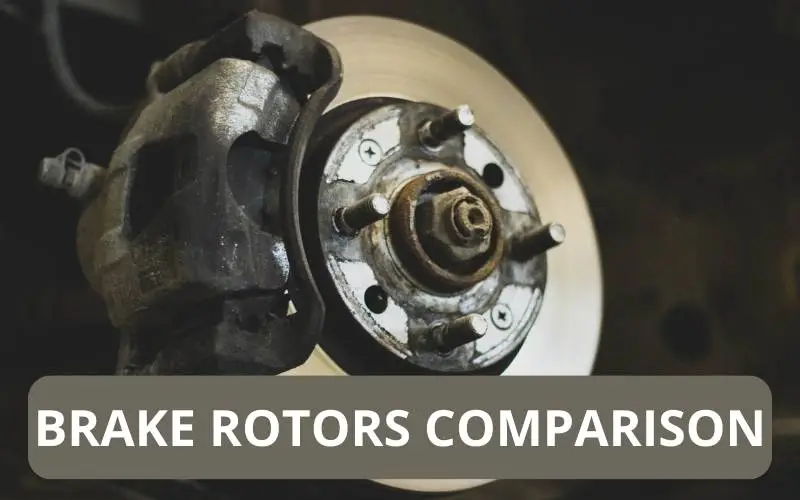
In this section, I’m going to compare the most popular Series – PRO-ACT and QuietCast from both brands by various product specs & features, prices, warranty, durability, performance, stopping power and noise levels.
Here is a detailed comparison table showcasing what each brand has to offer:
| Akebono | Bosch | |
| Series | PRO-ACT | QuietCast |
| Material | Carbon | Zinc and aluminum |
| Coating | High carbon | Aluminum-zinc coating |
| Type | Vented | Vented |
| Durability | High resistance to thermal cracking and fade | Heat-flowed castings for silent operation and long product life |
| Performance | Precision machined for optimal performance | Reduces unwanted vibrations and noise |
| Price | $118.09 | $28.00 – $269.00 |
| Warranty | covers defects in material and workmanship for 24 Months/24,000 Miles | covers defects in material and workmanship for 12 Months |
| Stopping Power Rating (More Stars = More Stopping Power) | ⭐⭐⭐ | ⭐⭐⭐ |
| Noise Levels Rating (Fewer Stars = Less Noise) | ⭐ | ⭐ |
| Performance Over Stock Rating (More Stars = More Performance) | ⭐⭐ | ⭐ |
Akebono Performance Ultra-Premium Ceramic vs Bosch QuietCast Premium Brake Pads Comparison
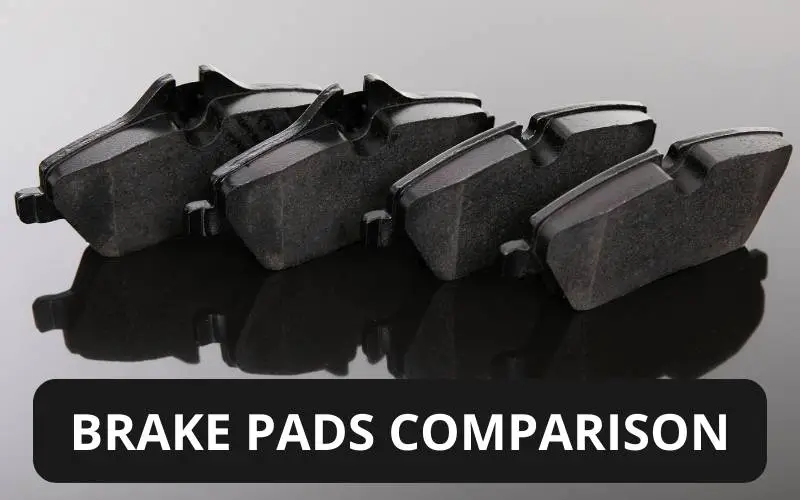
In the following section, I’m going to compare the most renowned Brake Pads series from both brands by various product specs & features, prices, warranty, performance, stopping power, brake dust accumulation and noise levels.
Here is a detailed comparison table showcasing what each brand has to offer:
| Akebono | Bosch | |
| Series | Performance Ultra-Premium Ceramic | QuietCast Premium |
| Material | Ceramic | Ceramic |
| Performance | These brake pads, formulated with specific applications in mind, guarantee a quiet and smooth braking experience. Designed by experts to endure even the toughest braking conditions, they are the perfect replacement for noisy and dusty semi-metallic pads. | Bosch QuietCast Premium Brake Pads represent a significant advancement in aftermarket brake pad technology. Utilizing industry-leading preattached rubber core shims and Molded Shim Technology, QuietCast ensures exceptionally quiet operation, meeting the expectations of both mechanics and customers. |
| Price | $49.00 – $137.00 | $20.72 – $105.04 |
| Warranty | covers defects in material and workmanship for 30 days from the date of installation | covers defects in materials or workmanship for a period of 12 months |
| Dust Levels Rating (Fewer Stars = Less Dust) | ⭐⭐ | ⭐⭐ |
| Stopping Power Rating (More Stars = More Stopping Power) | ⭐⭐⭐⭐⭐ | ⭐⭐⭐⭐ |
| Noise Levels Rating (Fewer Stars = Less Noise) | ⭐ | ⭐ |
| Performance Over Stock Rating (More Stars = More Performance) | ⭐⭐ | ⭐ |
Differences
1. Overall Performance and Quality
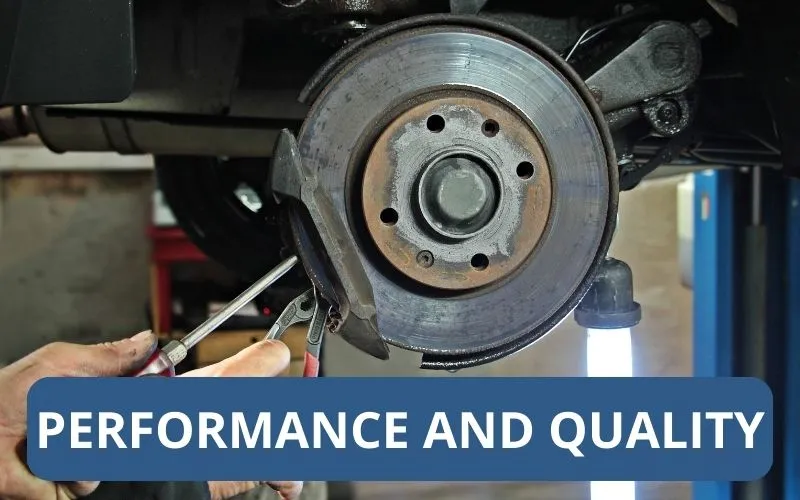
Akebono
- Akebono brake parts are praised for their reliability and consistency.
- Often used as Original Equipment Manufacturer (OEM) parts, even by brands like Mazda.
- Users appreciate the fact that Akebono brake pads produce less dust.
- Akebono’s brakes are recommended for street driving.
- Some users have reported that they may not bite as hard as other brands, such as Brembo.
- Overall, a good choice for those looking for improved braking performance and reduced brake dust.
Bosch
- Some users reported issues with Bosch brake pads and rotors failing within a few years.
- However, many recommend Bosch Quietcast Premium Rotors and Brake Pads as a top pick.
- Users have praised Bosch brake pads for their perfect fit and excellent OEM quality.
- Bosch pads are known for being quiet, producing low dust, and having great stopping power.
- While one user reported Bosch pads as noisy, most others consider them a reliable pick.
- Brands like Centric, Bosch, and ACDelco are seen as superior to shop brands.
2. Rotors and Brake Pads Prices
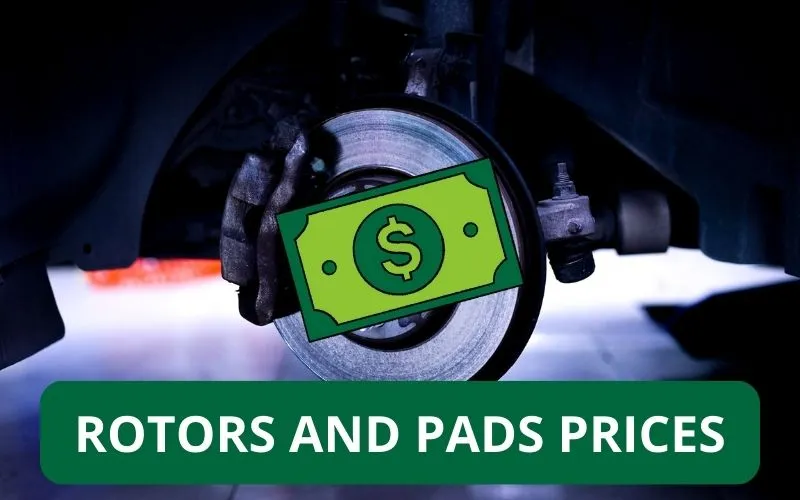
I’ve gathered some interesting information regarding the brake rotor prices for both brands. You can take a look at them in the table below:
| Akebono Rotors Prices⁽¹⁾ | Bosch Rotors Prices⁽²⁾ | |
| Lowest Priced Rotors | Akebono Brake Disc goes from $45.72 | Bosch QuietCast Premium Brake Rotor goes from $26.35 |
| Most Expensive Rotors | Akebono Brake Disc goes for $232.47 | Bosch QuietCast™ Premium Front Brake Rotor goes for $328.67 |
Alternatively, you can see the brake pads prices for Akebono and Bosch below:
| Akebono Brake Pads Prices⁽¹⁾ | Bosch Brake Pads Prices⁽²⁾ | |
| Lowest Priced Pads | Akebono Pro-ACT™ Ultra-Premium Ceramic Rear Disc Brake Pads go from $28.66 | Bosch Blue Semi-Metallic Rear Disc Brake Pads go from $11.35 |
| Most Expensive Pads | Akebono EURO™ Ultra-Premium Ceramic Front Disc Brake Pads go for $143.04 | Bosch EuroLine Semi-Metallic Front Disc Brake Pads go for $215.32 |
3. Pros and Cons
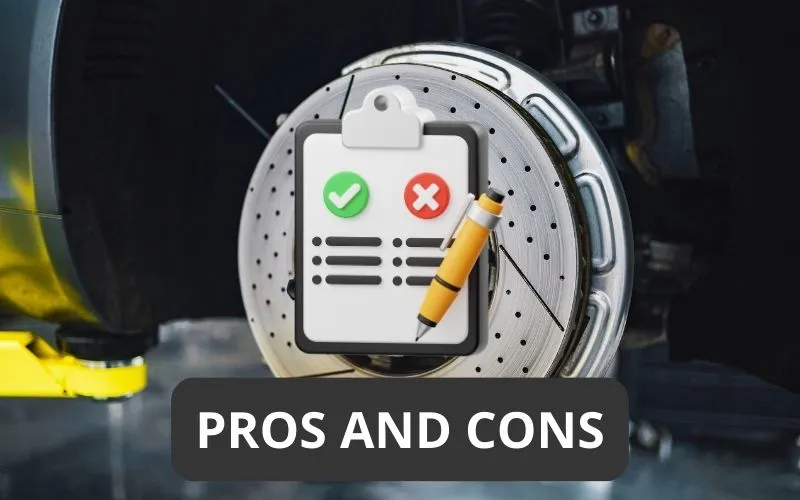
In this section, I’ve tried to showcase the most noticeable advantages and disadvantages for these two experts in brakes.
Akebono
| Pros | Cons |
| ✔ Low dust | ❌ May not bite quite as hard as OEM pads |
| ✔ Quiet | |
| ✔ Cost-effective |
Bosch
| Pros | Cons |
| ✔ Cost-effective | ❌ Some users have reported negative experiences with their brakes |
| ✔ Eco-Friendly | |
| ✔ Availability |
Which Is the Better Brand Overall?
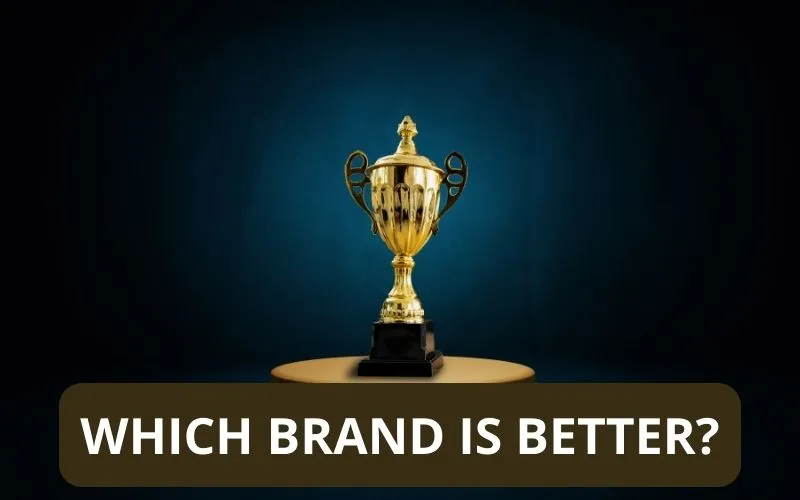
After evaluating both brands, I’d declare Akebono as the better pick overall.
While both brands are cost-effective and reliable, Akebono’s reputation for producing less brake dust and providing consistent reliability gives it a slight edge.
However, the choice between Akebono and Bosch may depend on personal preference and specific vehicle needs, given that the differences are quite marginal.